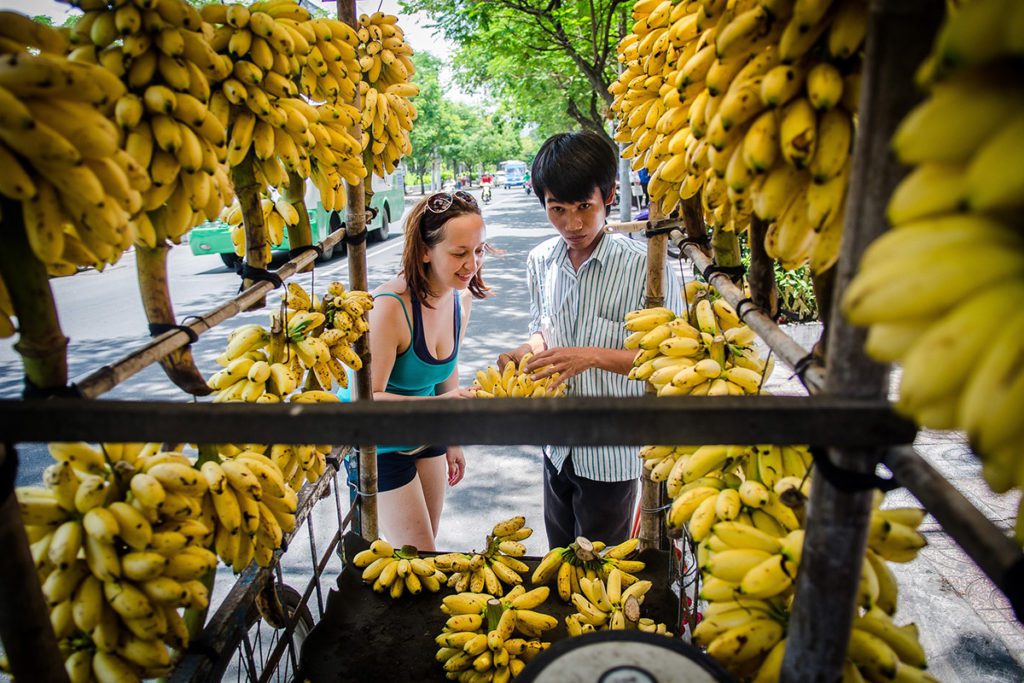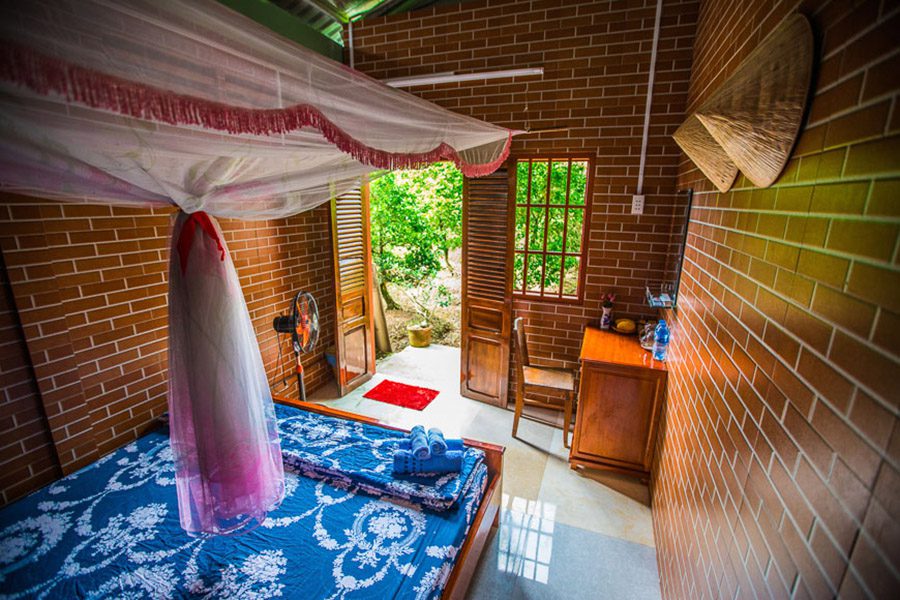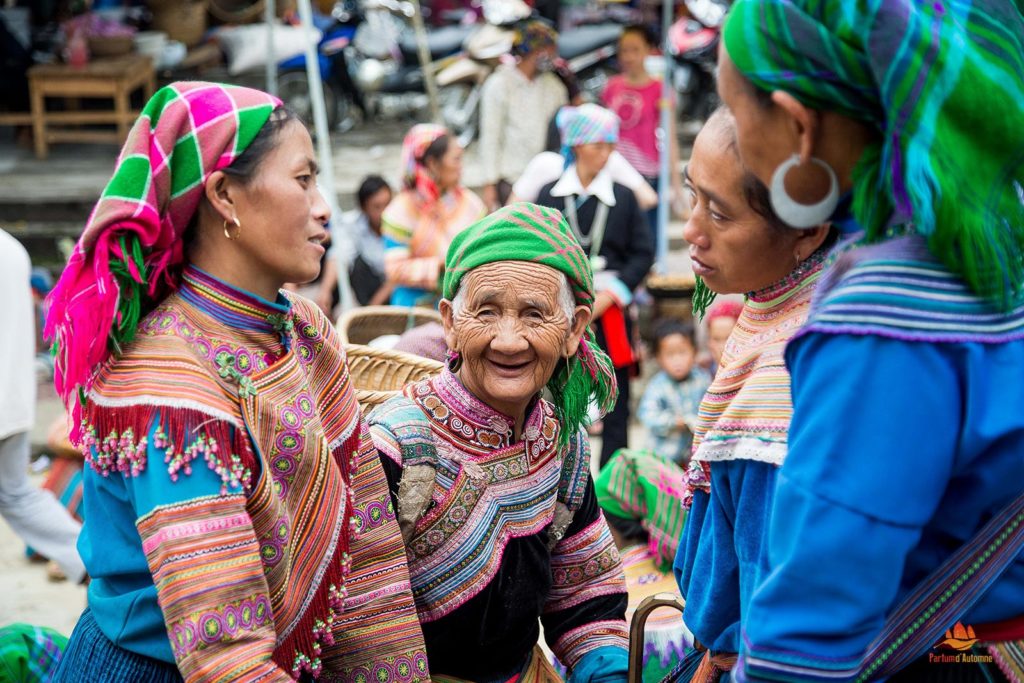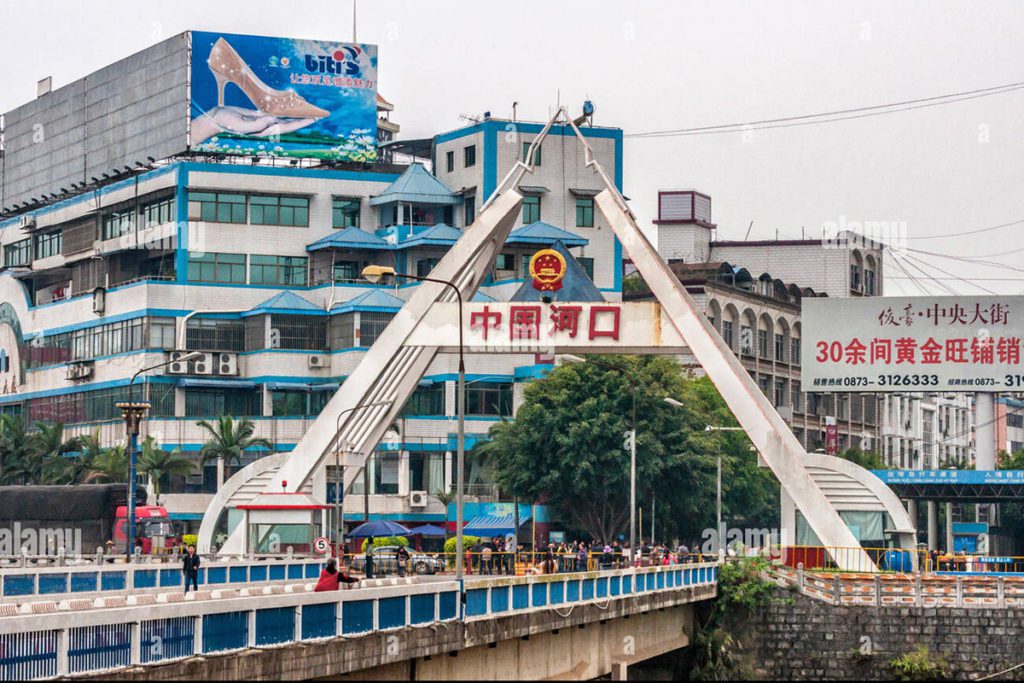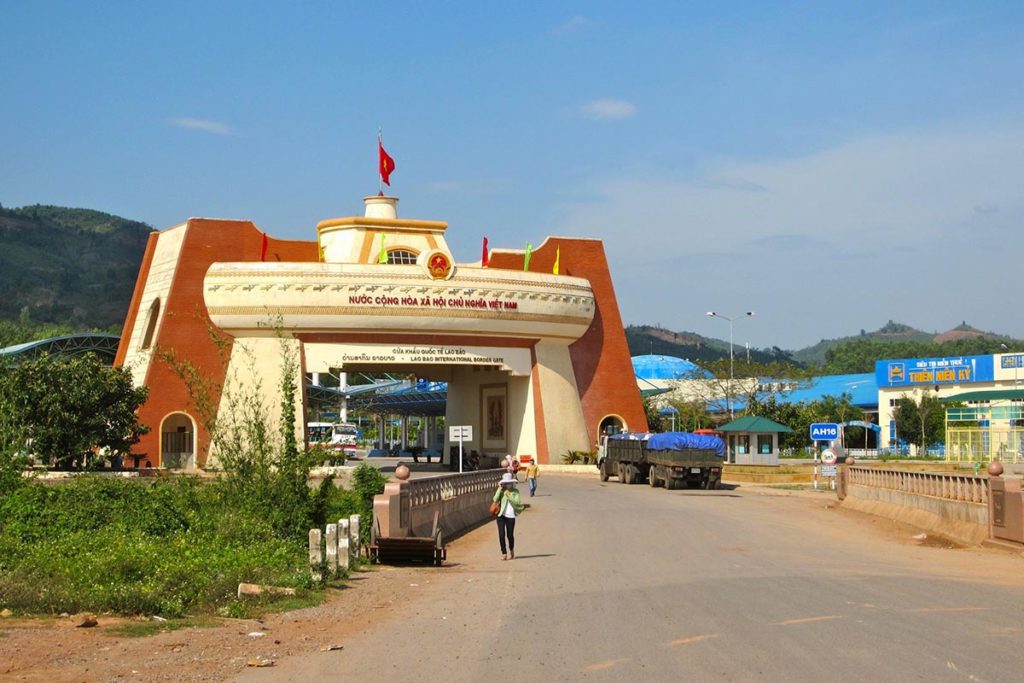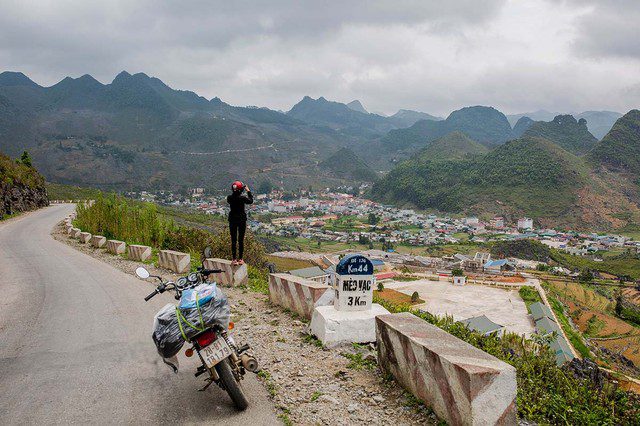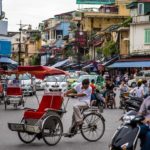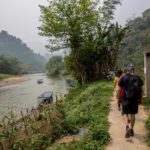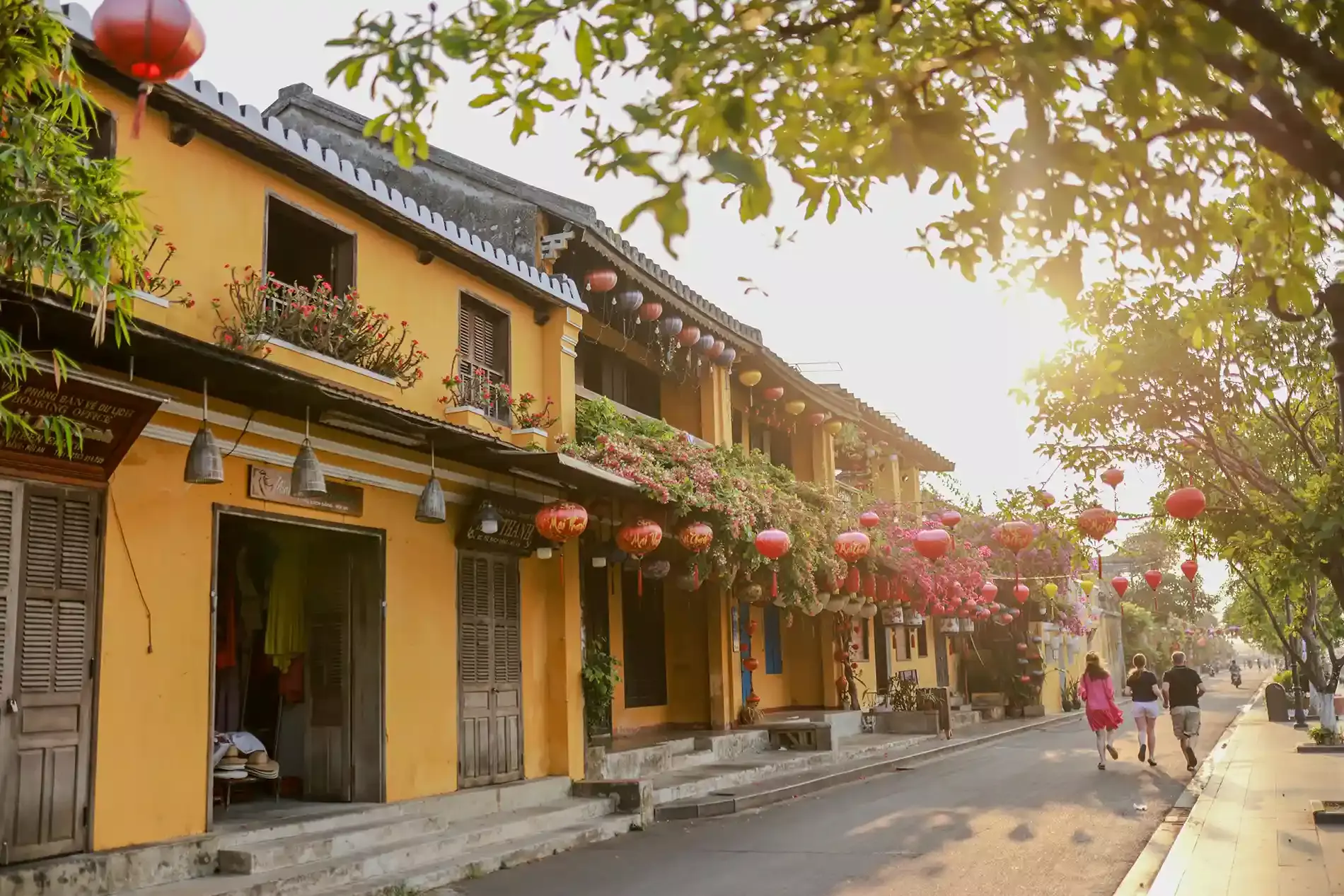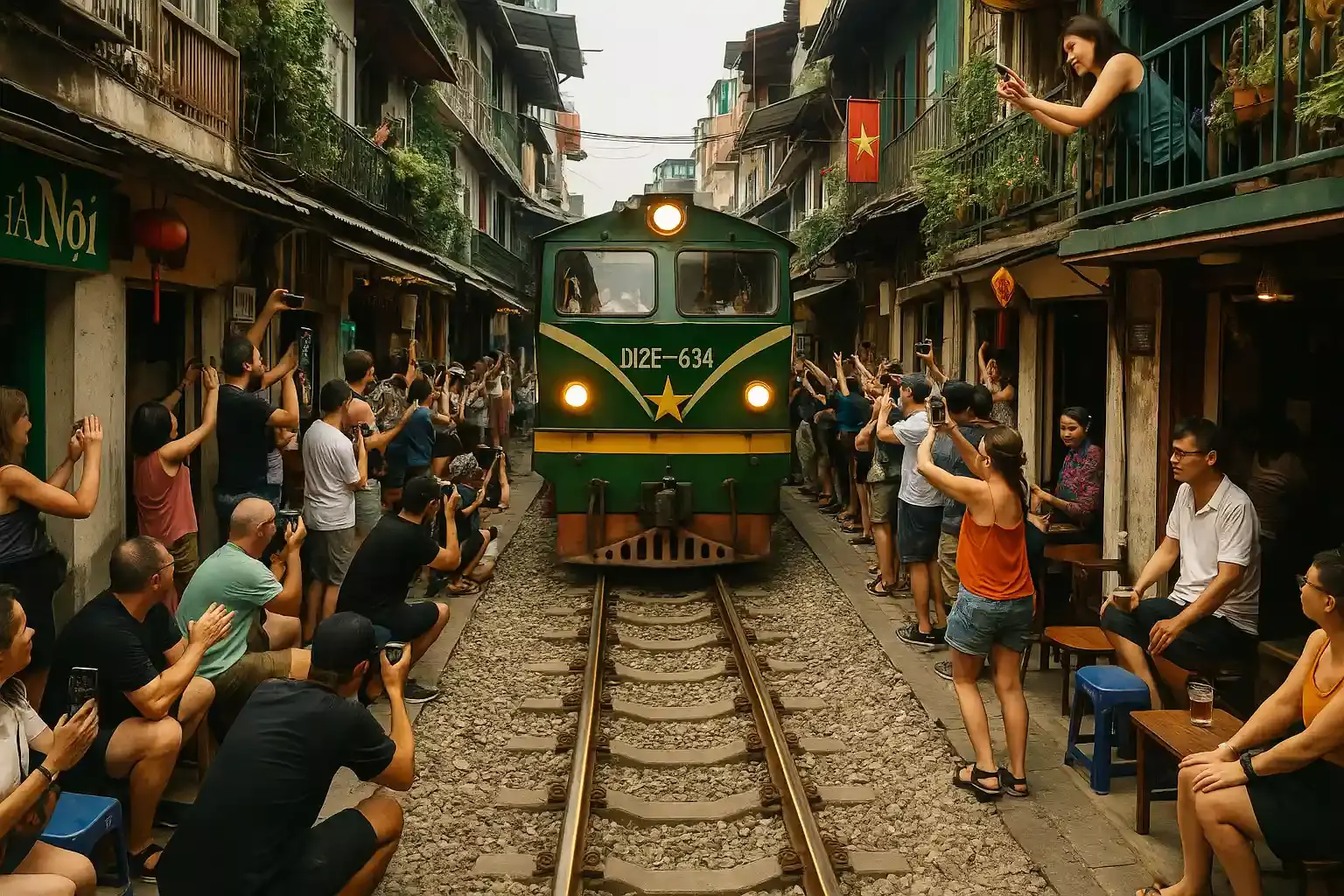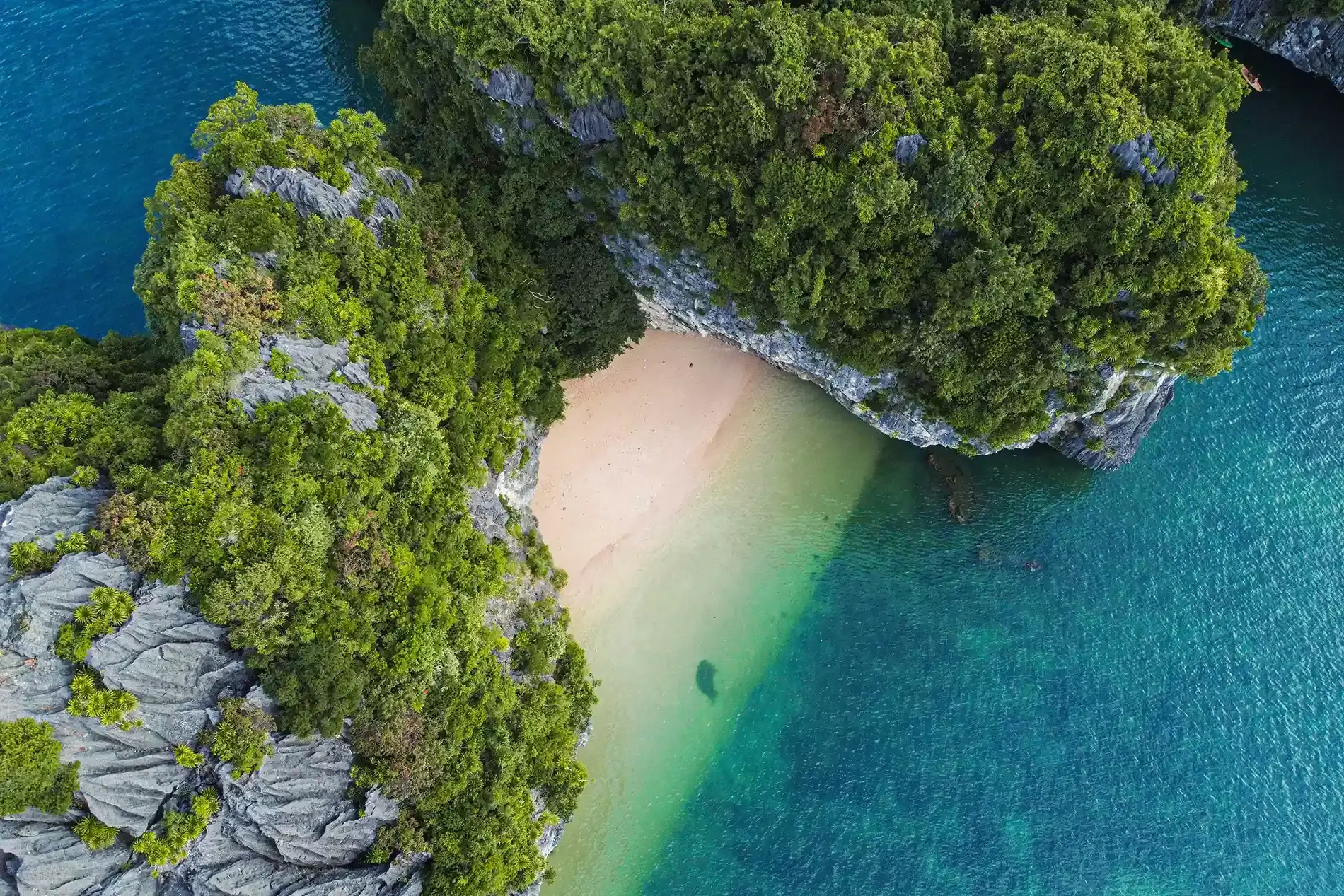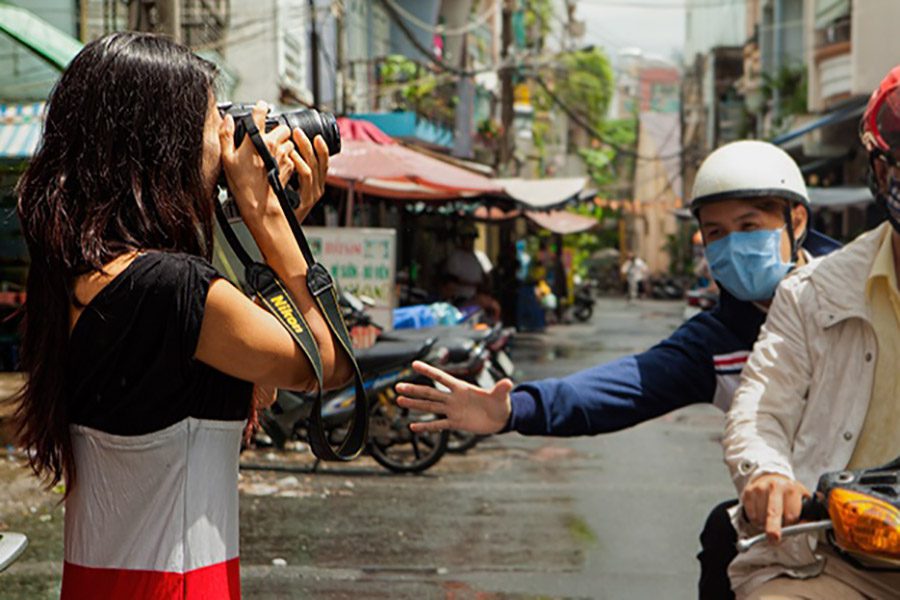
Safety in Vietnam: what to know before you go
Vietnam is a popular travel destination in Southeast Asia, renowned for its natural beauty, rich history, and fascinating culture. However, many travelers have concerns about safety when considering a visit to this country. In this article, we will explore the reality of safety in Vietnam, so you can make informed decisions before planning your trip.
Contact us to arrange a safe trip to Vietnam !
Table des matières de l'article
Travelers safety in Vietnam
When it comes to traveling to Vietnam, traveler safety is a legitimate and essential concern. The country offers a captivating and diverse experience, but like anywhere else, it’s important to be informed about potential challenges to ensure a smooth and enjoyable journey.
In this section, we will explore key aspects of traveler safety in Vietnam, highlighting some commonly encountered issues and providing practical tips to minimize risks.
Theft and crime
Vietnam is generally considered a safe country for travelers, but like any tourist destination, there are risks associated with theft and crime. Popular tourist areas, such as Hanoi, Ho Chi Minh City, and coastal cities, may experience issues with petty theft and pickpocketing. Therefore, travelers should remain vigilant, keep their valuables secure, and avoid displaying signs of wealth conspicuously.
Pickpocketing on the streets in Vietnam
Tourist scam
Tourist scams can be a challenge in some parts of Vietnam, especially in heavily touristed areas. Travelers may encounter attempts at scams such as excessively high prices for products or services, dishonest taxi drivers, or deceptive offers. To avoid these situations, it is advisable to exercise caution, research local prices beforehand, and prefer services recommended by reliable sources.
Our simple tips: Keep in mind the exchange rate between your currency and the Vietnamese Dong (1 dollar = 23,000 VND; 1 euro = 25,000 VND); use Grab or G7 taxis; do a quick internet search to know the price range of a service before accepting an offer; negotiate by starting with half the initial price at markets.
Don’t forget to negotiate every price !
Health problems
Health is another crucial aspect of traveler safety. While Vietnam has made significant progress in health and hygiene, there are still concerns related to communicable diseases and potential health issues. Travelers should be aware of recommended vaccinations before their trip and avoid consuming untreated water. Disease-carrying mosquitoes such as dengue and malaria are present in some regions, so it is advisable to use repellents and wear long clothing for protection.
Our simple advice: Ask your host or the agency you are traveling with if there are mosquito nets available at the homestay. Nowadays, most homestays should provide mosquito nets, but it’s always a good idea to double-check.
Mosquito net in the bedroom, Vietnam
Political and social situation
The current political and social situation in Vietnam plays a significant role in determining the safety of travelers. Understanding the country’s internal dynamics, social challenges, and political developments can help travelers better grasp the environment they are in and make informed decisions for their own safety.
In this section, we will examine some key aspects of the political and social situation in Vietnam and how they can potentially influence the safety of travelers.
Political stability
Vietnam is a single-party state governed by the Communist Party of Vietnam. The country’s relative political stability generally contributes to a safe environment for travelers. However, visitors should be aware of local laws and regulations, as well as the need to respect the country’s values and cultural sensitivities. Protests and political activities are strictly controlled, and it is advisable to avoid participating in political gatherings or expressing public opinions critical of the government.
Avoid sensitives conversations
Travelers should be aware that certain sensitive conversations, especially on political or social topics, may potentially attract the attention of authorities. Avoiding sensitive political discussions in public can help maintain a positive and safe atmosphere.
Respect local traditions
The cultural diversity of Vietnam can create an enriching experience for travelers, but it is important to respect local customs and traditions. Positive social and cultural interactions can greatly enhance the safety of travelers. Visitors should show respect for local values, avoid criticizing religion or culture, and make an effort to understand the country’s social norms.
Hmong women at Bac Ha market, Lao Cai
Reported specific issues
Specific issues may be reported sporadically in certain regions of Vietnam. For example, local protests, social disagreements, or environmental problems may arise in specific areas. Travelers are advised to monitor local news and guidance from embassies or consulates to stay informed about potential issues in the regions they plan to visit.
Regional tensions and borders conflicts
Regional tensions and border conflicts are important factors to consider when assessing security in Vietnam, especially in border areas with China, Laos, and Cambodia, as well as in maritime regions in the South China Sea. While Vietnam generally enjoys internal stability, territorial disputes and geopolitical tensions with neighboring countries can influence the security situation in certain regions.
In this section, we will explore these different dynamics and identify potentially sensitive areas that travelers should avoid or approach with caution.
Border areas with China
Northern Vietnam shares borders with China, where beautiful landscapes and a rich culture attract travelers. However, due to territorial disputes and historical geopolitical concerns, some of these regions can be challenging or even off-limits. Government restrictions may be in place to protect national security, and travelers should adhere to these measures to avoid any issues. While some border areas may be open to travelers with special permits, it is advisable to consult local authorities or travel agencies for up-to-date information before planning a visit.
Some border areas are still restricted to foreigners, as is the case, for example, in Binh Lieu district, Quang Ninh province. However, this region has strong tourism potential, which could lead authorities to open it up further (as was the case in Ha Giang about 10 years ago).
Border crossing with China in Lao Cai province
Border areas with Cambodia
The border between Vietnam and Cambodia has witnessed tensions and past conflicts. While relations have improved over time, concerns related to border disputes may still exist in some areas. Travelers wishing to explore the border areas between the two countries should inquire about the current situation, avoid potentially contested areas, and comply with the directives of local authorities.
Some populations in the Mekong Delta, such as the Cham, live in communal areas and their access can be quite challenging and subject to authorization. Therefore, we recommend that you gather information before embarking on an adventure.
Border areas with Laos
The border with Laos is generally stable, but security concerns can arise in some regions due to challenges related to drug trafficking and other illegal activities. Travelers visiting border areas with Laos should be aware of these issues and take appropriate precautions.
Border area between Vietnam and Laos
East sea
Tensions related to territorial claims in the East Sea can impact maritime and regional security. While Vietnam exercises caution in its foreign policy, travelers should avoid venturing into contested maritime areas and follow the guidance of local authorities.
Our advices for staying safe in Vietnam
We summarize here our tips for staying safe during your trip to Vietnam.
Personal Safety
Stay vigilant in crowded tourist areas and avoid displaying valuable items such as jewelry or electronic gadgets. Keep your personal belongings secure by using backpacks that can be closed and have inner pockets for valuables. Avoid carrying large amounts of cash and use credit cards or electronic payment methods when possible. Keep a copy of your important travel documents (passport, visa, plane tickets, etc.) in a safe place and leave a copy with a friend or family member.
Areas to avoid
Find out about potentially sensitive areas based on regional tensions or border conflicts. Consult travel advice provided by governments or embassies for up-to-date information on regions to avoid due to security issues.
Safe Transportation
Use official and recognized means of transportation, such as metered taxis, mobile app-based transportation services (e.g., Grab), and recommended public transportation. Avoid getting into unauthorized vehicles or participating in unregulated trips.
Resources for staying informed
Stay informed about local news by following local and international media. Register with your country’s embassy or consulate to receive updates and alerts regarding safety in Vietnam. Use reliable travel apps and websites to obtain information on local conditions, travel warnings, and safety tips.
Respect for local customs
Be respectful of cultural norms and local traditions. Understanding and following appropriate conduct rules can help create positive interactions with locals and avoid misunderstandings.
Medical assistance
Make sure you have travel insurance that covers medical care and emergency evacuation. Take health precautions, such as recommended vaccinations, drinking bottled water, and using mosquito repellent.
By following these tips and staying informed about the local situation, you can fully enjoy your trip to Vietnam while minimizing potential risks. Keep in mind that caution and preparation are essential for ensuring your personal safety and creating unforgettable memories in this culturally rich and historically significant country.
Road safety and trafic in Vietnam
Road safety and traffic in Vietnam are also crucial aspects to consider when traveling in this beautiful country. Driving in Vietnam can seem chaotic and different from what travelers are accustomed to, which can pose challenges for those considering renting vehicles or traveling by road.
Traffic in Vietnamese cities can be intense and bustling, with a variety of vehicles including motorcycles, scooters, bicycles, and cars. Traffic rules may appear flexible, and traffic lights and signs may not always be strictly followed. Pedestrians should exercise particular caution when crossing streets and ensure they pay attention to traffic coming from all directions.
If you plan to rent a motorcycle, you must now present your international driver’s license for a car or motorcycle. If you don’t have one, “easy rider” services are becoming available, allowing you to ride with a Vietnamese driver for the tour. This is particularly common in the Ha Giang province.
Driving on the Ha Giang Loop. Crédit : Mathieu Arnaudet
In the city, you can take taxis with meters (preferably G7) or use transport services through mobile applications (such as Grab or Bee, for example).
By choosing safe means of transportation, adhering to local traffic rules, and staying aware of your surroundings, you can minimize risks and fully enjoy your travels while exploring the wonders of this enchanting country.
Generally, travelers’ testimonials highlight the peace of mind and safety they feel during their stay in Vietnam. By adopting personal safety practices, heeding local advice, and showing respect for Vietnamese culture, tourists can fully enjoy their adventure while minimizing potential risks. However, it is essential to emphasize that the information provided in this article is for reference purposes only and does not replace official advice issued by governments and competent authorities. Before traveling to Vietnam, it is highly recommended that travelers regularly consult government information sources, embassies, and official websites for the latest updates on safety and travel advice.
In the end, Vietnam offers a myriad of unique and memorable experiences for travelers from around the world. With proper planning, awareness of personal safety precautions, and an openness to discovering local culture, visitors can fully enjoy this exceptional destination with confidence. Keep in mind that every traveler plays an active role in their own safety by staying informed, respecting local standards, and using common sense throughout their journey in Vietnam.
Feel free to contact us to plan your trip with peace of mind.

